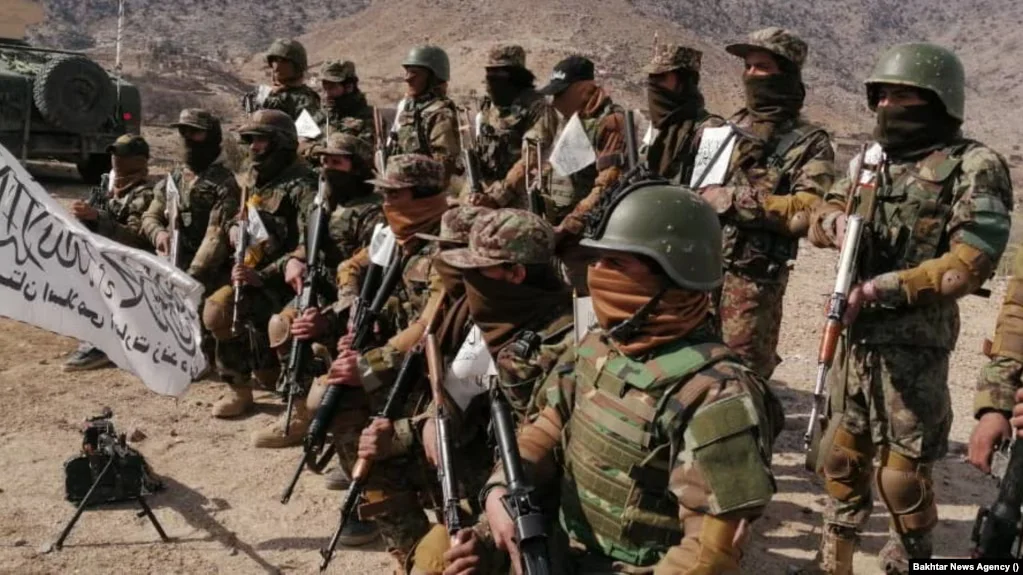Pakistan launches trafficking probe after deadly refugee boat incident off Italy, families of victims seek answers and justice.
Islamabad, Pakistan – Pakistan has launched a trafficking probe to find the alleged traffickers. This follows a boat carrying nearly 200 people, including 20 Pakistanis, that drowned near the southern Italian coast. The incident killed at least 63 people.
Sixteen Pakistanis survived the shipwreck, Pakistani Prime Minister Shehbaz Sharif tweeted on Monday, while four others are still missing. A search operation is continuing, as Pakistan launches trafficking probe.
On Tuesday, an official of Pakistan’s Federal Investigation Agency (FIA) told Al Jazeera about two incidents of Pakistani refugees drowning in recent weeks. The other incident occurred off Libya’s coast nearly a week ago.
The FIA official, speaking on condition of anonymity, said the agency had formed several teams of investigators following the incidents. They expect to arrest some suspected traffickers.
“We have met some families and conducted our own investigation into criminal elements involved in trafficking, and will hopefully make some arrests soon,” he said.
SEE ALSO: https://southasiatimes.org/friendship-gate-and-fiery-exchanges/
Victims of Boat Crash
At least 63 people, including 12 children, died after the wooden boat that left Turkey last week crashed early on Sunday against rocks near Steccato di Cutro, a resort on the eastern coast of Italy’s Calabria region.
In a tweet on Monday, Pakistan’s foreign ministry said their embassy official in Italy met the 16 Pakistanis rescued from the capsized vessel.
“They seemed [to be] in good physical condition. According to them, there were 20 Pakistanis on the ship. Embassy is in close contact with Italian authorities to verify status of the four missing Pakistanis,” said the tweet.
Muhammed Waseem, a resident of Gujar Khan, a small city nearly 60km (37 miles) from the capital, Islamabad, told Al Jazeera his nephew Asad Naeem was among the Pakistanis who drowned in the Libya incident.
“We submitted an application to the foreign office on Monday but so far have not heard back anything from the officials,” he said.
Waseem said the family last heard from his nephew on February 22 when he boarded a ship in Libya bound for Italy.
“He called us and said he has boarded a big ship and there is nothing to worry about. But two days later, we got a call from a number in Libya, informing us of his death,” he said.
“We are looking for some help from the authorities to bring his body back to Pakistan,” he added.
Source: Al Jazeera






